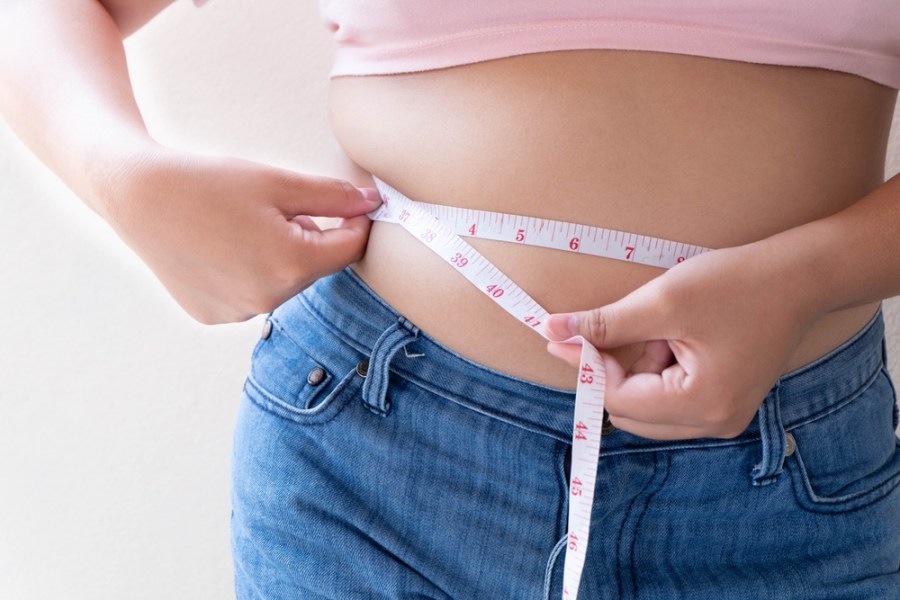Not getting the results you want despite exercising regularly? Make sure you’re doing enough and working at the right intensity. Here are some useful guidelines.
Many people who exercise regularly don’t always get the results they want – usually, because they are stuck in a rut with their training and following an old programme that doesn’t challenge them anymore. It could also be because they are counteracting their hard work by consuming extra calories that they aren’t burning off, that they aren’t training as regularly as they need to be, or even that they aren’t working hard enough when they do exercise.
There’s nothing more demoralising than feeling like you are doing everything you should be doing, only to find you’re not losing weight or toning up. Follow our guidelines here to ensure that every moment you spend exercising will count.
How often should I be exercising?
If your main aim is to stay healthy, the American College of Sports Medicine recommends moderate-intensity cardio of 30 minutes a day, five days a week, or vigorous, intense cardio 20 minutes a day, three days a week, plus eight to ten strength-training exercises (such as press-ups, Bodypump or lifting weights). Aim for eight to 12 repetitions of each exercise twice a week. Moderate-intensity physical activity means working hard enough to raise your heart rate and break a sweat, yet still being able to carry on a conversation with relative ease.
How often should I exercise for weight-loss?
Aim for 30 minutes of high-intensity or 45 minutes of moderate-intensity cardio exercise five times a week, e.g. running, jogging, power-walking or cycling, or try exercise classes, e.g. circuit training, kickboxing or aerobics.
How hard should I work during my cardio sessions?
Interval training is the best way to maximise your results. This means that you have to change the intensity during your workout between low intensity (training at about 50 per cent of your maximum heart rate), moderate (training at about 70 per cent of your MHR) and high (training at about 80 per cent of your MHR). To determine your maximum heart rate (MHR) and your training intensity, use the following formulas:
Maximum heart rate =
206 – 88 per cent of age
For example, a 30-year-old will have a maximum heart rate of 88 per cent of 30 years = 26.4
206 – 26.4 = 179.6, or 180bpm
Fitter individuals use:
205 – 50 per cent of age
For example, a fitter 30-year-old will have a maximum heart rate of 50 per cent of 30 years = 15
205 – 15 = 190bpm
Exercise intensities
Alternating between low, moderate and high intensities allows you to work hard for short periods of time, as this will increase your calorie usage. As a beginner, alternate your intensity between low (50 per cent of MHR) and moderate (70 per cent of MHR) intensity. As your fitness levels improve, increase your sprint intensity to your high-intensity heart rate (80 per cent of MHR).
What type of cardio exercise is best?
Exercise that makes use of large muscle groups, such as running, cycling or swimming, is best. It takes about six weeks for your body to adapt to a routine, so after that, either change the frequency you exercise, the intensity of your exercise, the time you exercise for, or the type of exercise.
Should I split up my sessions?
If time isn’t an issue, you may find that you can have a better cardio session if you focus on it solely in one session, and the same applies to weights. However, if you are simply looking to burn some calories and tone up, but you’re short of time, you should be able to do both weights and cardio in one session. If you do weights first, you could do one set on a certain machine and then move on to another without stopping and then repeat the circuit.
Calories burned during 30 minutes of exercise
Walking, 2mph slow pace 85
Walking, 3-5mph, uphill 204
Running, 6mph, 10-minute mile 340
Cycling, 10-12mph 204
Aerobics, low impact 169
Aerobics, high impact 238
Swimming, moderate effort 271
Swimming, vigorous effort 340







